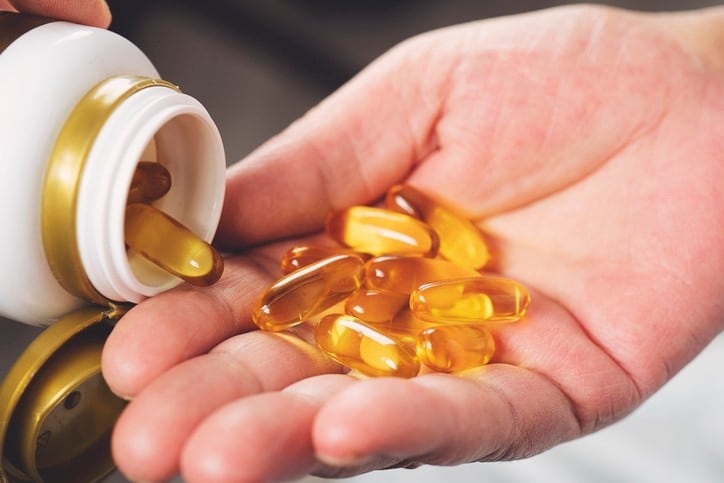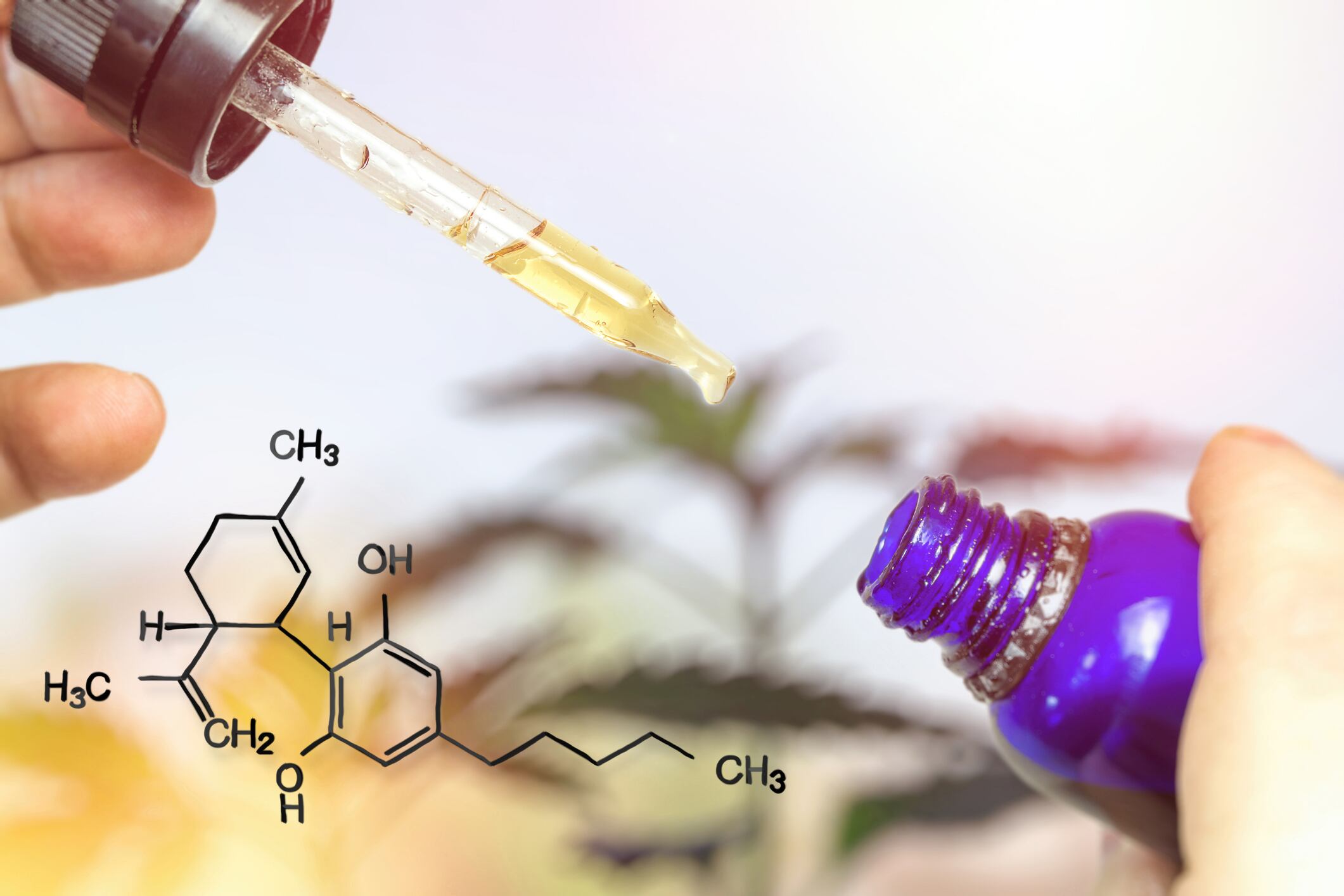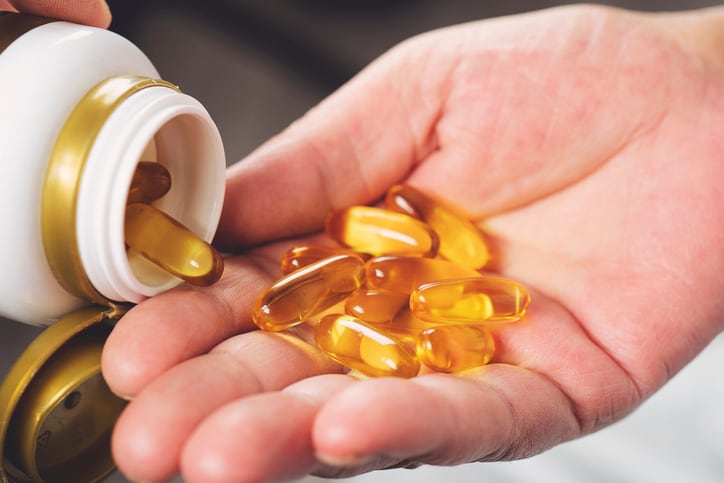Findings of the trial, which is believed to be the first of its kind, was recently published in the scientific journal Nutrients.
Involved 60 toddlers aged one to four, the toddlers were divided into four groups, drinking either 1) unfortified toddler formula, 2) unfortified formula containing high DHA tuna oil, 3) fortified formula with dairy-based microencapsulated high DHA tuna oil powder, and 4) fortified formula with allergenic-free microencapsulated high DHA tuna oil powder.
Throughout the one-month study, 1 ml of tuna oil containing 250mg of DHA was fed to the toddlers undergoing the tuna oil treatment.
The level of DHA in their bodies were then assessed from their blood samples and faecal fatty acid levels.
Findings showed that in toddlers who fed with formula containing microencapsulated tuna oil, they had a greater increase in their omega-3 index and n-3 PUFA (where DHA is the main component) level as compared to others.
For example, the omega-3 index of toddlers who were fed with dairy-based microencapsulated tuna oil and allergenic-free tuna oil were 8.8% and 8.6% respectively.
Whereas for toddlers who were fed with non-encapsulated tuna oil, their omega-3 index was only 6.8% by the end of the study.
The study was funded by Melbourne-based Nu-Mega Ingredients.
n-3 PUFA difference
Besides a difference in omega-3 index, the total n-3 PUFA level was also higher in toddlers fed with the microencapsulated tuna oil.
For instance, in toddlers fed with the dairy-based microencapsulated tuna oil, their level of total n-3 PUFA increased from the baseline of 4.89% to an endpoint of 6.75%.
A similar trend was also observed in toddlers fed with the allergenic-free microencapsulated tuna oil formula, growing from 4.62% to 6.56%.
In comparison, the total n-3 PUFA in toddlers fed with non-microencapsulated tuna oil formula only grew from 4.47% to 5.65%.
On the other hand, those who were fed with non-fortified formula saw their total n-3 PUFA dropped from 5.08% to 4.67%.
‘Together, the data from this study showed significant differences in the bioavailability of DHA from microencapsulated formulas compared with tuna oil in a one-month study in toddlers.
‘Using microencapsulated tuna oil powders is an effective approach to incorporate bioavailable DHA into infant and toddler formulas’, the researchers concluded.
Why the difference?
The microencapsulated tuna oil is able to boost digestion and absorption due to its smaller emulsion size and effective protection against the acidic digestive environment.
In this study, the mean oil droplet size of the microencapsulated tuna oil was about 200nm.
The smaller droplet sizes provided a greater surface area for digestive enzymes to break down the tuna oil, in turn increasing the absorption rate.
Sleep and cry patterns
The study also showed that DHA supplementation has no significant effect on the cry and sleep patterns.
All toddlers slept about 11 to 12 hours each day regardless of the type of formula that they were fed with.
Source: Nutrients
Microencapsulated tuna oil results in higher absorption of DHA in toddlers
DOI:10.3390/nu12010248
Authors: Samaneh Ghasemi Fard and et al.





